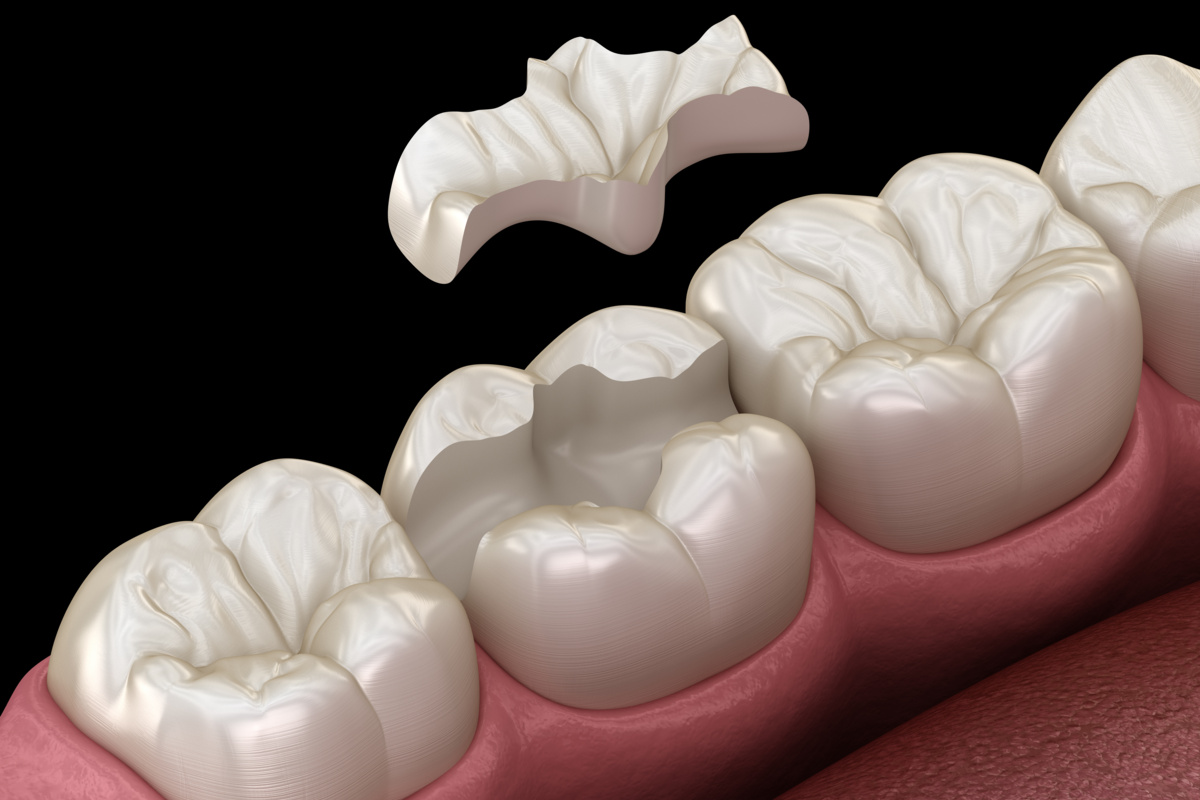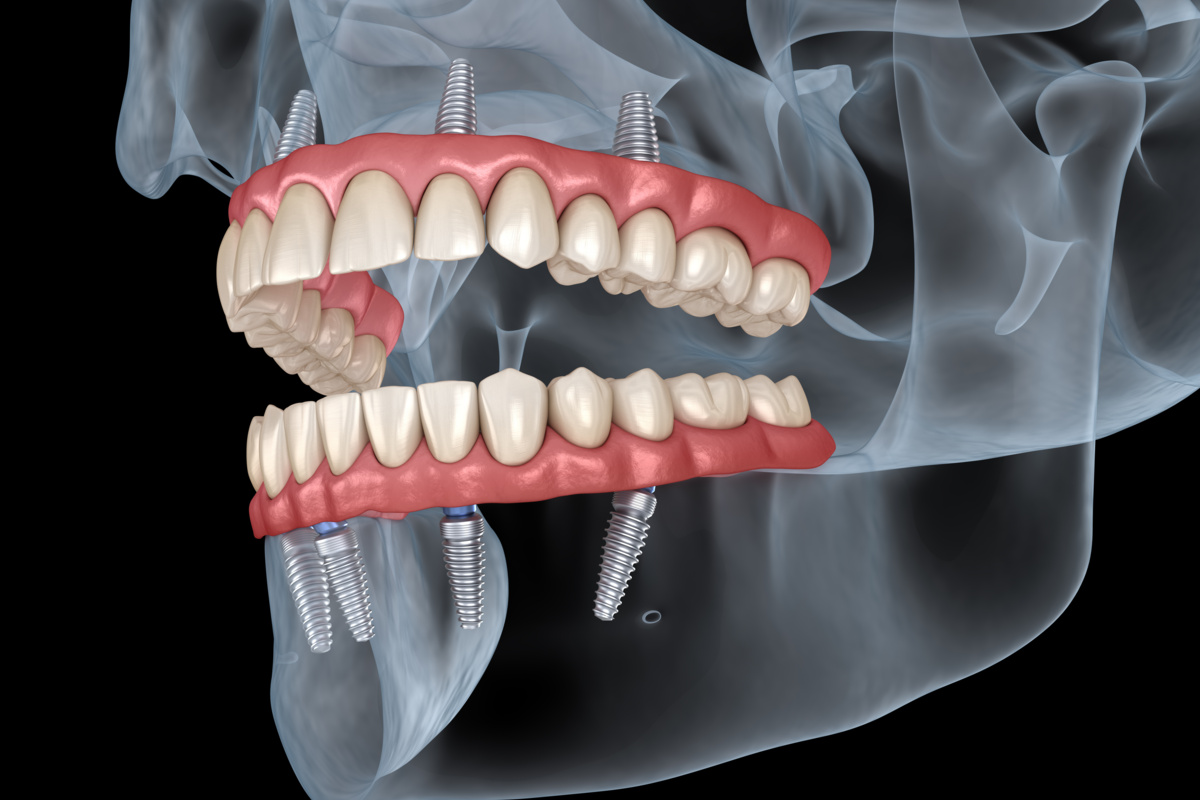Dental procedures often come with a mix of anxiety and uncertainty, especially when it involves something as widely misunderstood as a root canal. Many people immediately associate root canals with pain, but is that reputation justified? Let’s break it down and explore what you can actually expect during and after the procedure.
What Happens During a Root Canal?
A root canal procedure involves removing the inflamed or infected pulp inside your tooth to save it from further damage or extraction. This is necessary when the pulp becomes damaged due to deep decay, repeated dental procedures, or a crack in the tooth.
The process typically follows these three steps:
1. Numbing the Area
Before starting, your dentist will numb the tooth and surrounding tissues with a local anesthetic. Most patients only feel the slight discomfort of the injection itself. If properly numbed, you shouldn’t feel any pain during the procedure.
2. Cleaning the Tooth
Once numb, the dentist drills a small opening in the tooth to access the pulp chamber and root canals. Specialized tools are then used to remove the damaged pulp and thoroughly clean and shape the canals. During this step, you might feel some pressure and hear noises from the tools, but pain is minimal to nonexistent.
3. Filling the Canals
After cleaning, the empty canals are filled with a rubber-like material to prevent further infection. Finally, the tooth is sealed, and in most cases, a crown is placed for added strength and protection.
Does a Root Canal Hurt During the Procedure?
The short answer is no—a root canal shouldn’t hurt during the procedure if proper numbing is achieved. The main source of pain for most patients stems from not being adequately numb. If you feel any sharp pain or discomfort, it’s crucial to communicate this to your dentist. They can administer additional numbing medication to ensure the process is as painless as possible.
What you might experience, however, are:
- Pressure: You’ll feel the sensation of tools working inside your tooth.
- Odd tastes or noises: You might notice the taste of dental materials or the sound of the tools, but these are harmless.
- Fat lip or cheek: The anesthetic can make your face feel swollen or heavy, but this is temporary.
Recovery: What to Expect After a Root Canal
Immediate Relief
For many patients, the throbbing or sharp pain they initially experienced is gone almost immediately after the root canal. This is because the nerve causing the pain has been removed.
Minor Discomfort
It’s common to feel some soreness or tenderness around the tooth for a few days post-procedure. This is due to inflammation from the procedure itself rather than the infection. Over-the-counter pain relievers, such as ibuprofen, are usually enough to manage this discomfort.
Quick Healing
Most patients feel back to normal within two to three days. However, if pain persists or worsens, it’s important to contact your dentist as it may indicate complications.
What Are the Risks and Complications of a Root Canal?
Root canals are highly successful in saving teeth, but complications can occur:
- Broken files: Dentists use small, delicate tools to clean the canals. Occasionally, a file may break inside the tooth. This is rare but can require additional treatment.
- Perforation: Sometimes, a tool can puncture the side of the tooth. While this sounds alarming, your dentist will refer you to a specialist if needed.
- Cracks in the tooth: Some cracks aren’t visible on X-rays and only become apparent during the procedure.Unfortunately, a severely cracked tooth may need to be extracted.
When to See a Specialist
If your dentist encounters complications, they may refer you to an endodontist—a specialist in root canal treatments. This ensures you receive the best care possible for complex cases.
Final Thoughts

The idea that root canals are unbearably painful is largely a myth. With modern dental techniques and proper numbing, most patients report little to no pain during the procedure. Recovery is typically quick, and the relief from the pain of an infected tooth can be life-changing. Contact Indian Trail Dental Studio today to learn more or schedule an appointment. Open communication can help ensure you’re comfortable and fully informed every step of the way.



